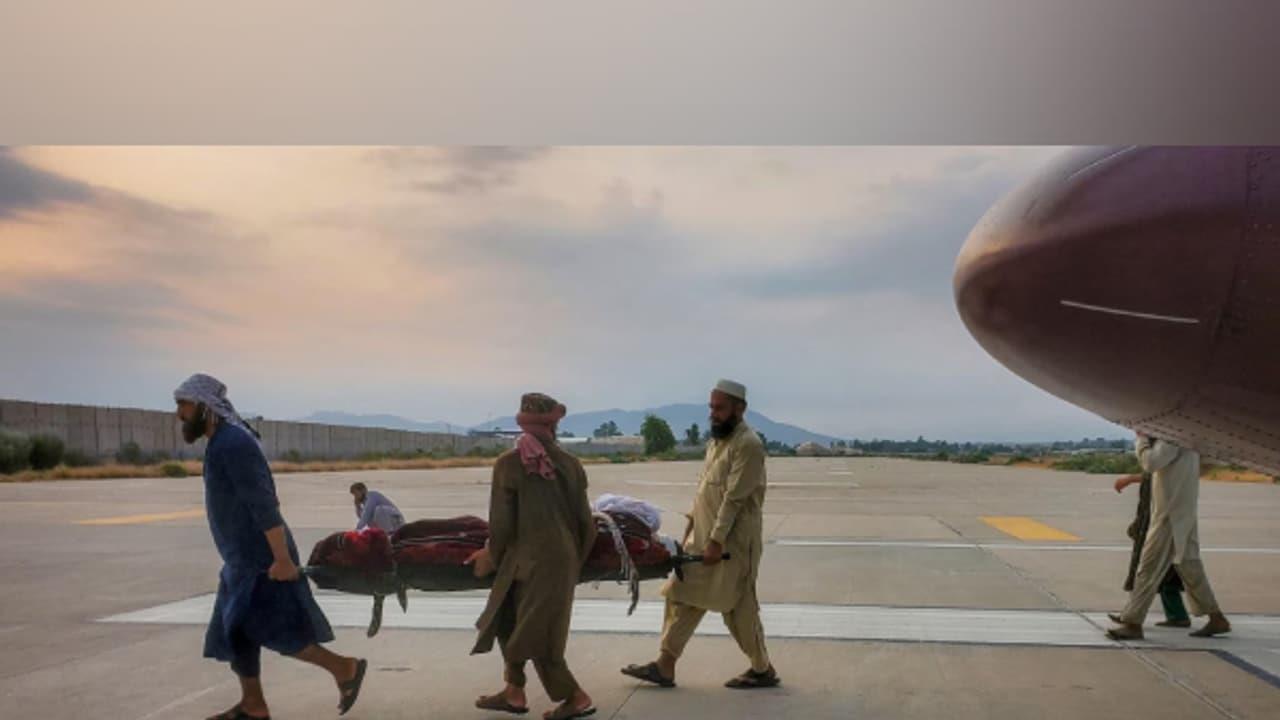
Afghanistan Earthquake Death Toll Rises To 900, More Than 3,000 Injured
The death toll has risen to 900 after a powerful 6.0 magnitude earthquake struck Afghanistan's eastern Kunar province in the early hours on Monday, injuring more than 3,000 people. Entire villages were flattened in the mountainous region bordering Pakistan. Rescue teams are working against time to pull survivors from the rubble as fears of more casualties grow. Indian Prime Minister Narendra Modi expressed deep grief over the tragedy on Monday and assured that India stands ready to provide all possible assistance and relief to the affected communities. The disaster has once again highlighted Afghanistan's vulnerability to natural calamities, with aid agencies warning of an urgent need for food, medical supplies, and shelter for displaced families a post on X, PM Modi said, "Deeply saddened by the loss of lives due to the earthquake in Afghanistan. Our thoughts and prayers are with the bereaved families in this difficult hour, and we wish a speedy recovery to the injured. India stands ready to provide all possible humanitarian aid and relief to those affected."
Deeply saddened by the loss of lives due to the earthquake in Afghanistan. Our thoughts and prayers are with the bereaved families in this difficult hour, and we wish a speedy recovery to the injured. India stands ready to provide all possible humanitarian aid and relief to those...
- Narendra Modi (@narendramodi) September 1, 2025
Districts devastated, rescue efforts hampered
Several districts in Afghanistan's eastern Kunar province, including Nur Gul, Soki, Watpur, Manogi and Chapa Dara, were among the worst hit by Monday's 6.0 magnitude earthquake, according to Taliban-run authorities quoted by Khaama Press. In neighbouring Nangarhar province, at least nine people were confirmed dead and several others injured. Entire villages built with fragile mud and stone homes collapsed under the tremors, while landslides blocked key roads and disrupted rescue efforts. Communication networks were also damaged, making it harder for relief teams to reach remote communities.
Officials have appealed for urgent international support as helicopters and rescue workers attempt to access affected areas, but operations are being slowed by rugged terrain and heavy infrastructure damage. The earthquake once again highlights Afghanistan's high vulnerability to natural disasters, especially in mountainous and hard-to-reach regions. The tragedy comes less than two years after another deadly quake struck the country, underscoring the recurring risks faced by its people. Tremors were also felt in several parts of neighbouring Pakistan, though no major damage was reported there.
(With inputs from agencies)
Legal Disclaimer:
MENAFN provides the
information “as is” without warranty of any kind. We do not accept
any responsibility or liability for the accuracy, content, images,
videos, licenses, completeness, legality, or reliability of the information
contained in this article. If you have any complaints or copyright
issues related to this article, kindly contact the provider above.

















Comments
No comment